
In Beijing the total cases in an outbreak were reported to be less than 10. China used over 100 million tests to eradicate what would be classified as a very small outbreak by US standards.

In Beijing the total cases in an outbreak were reported to be less than 10. China used over 100 million tests to eradicate what would be classified as a very small outbreak by US standards.

CDC data cut to the heart of just how much protection COVID-19 vaccines offer infection preventionists (IPs) and other health care professionals on the frontlines from the delta variant.

Vaccines for children 5–12 who seem to be more vulnerable to the delta variant than earlier iterations of COVID-19 might come in the fall. Good news, but vaccines alone—for all age groups—represent only one layer of mitigation, some experts argue.

There needs to be a national standard for measuring the effectiveness of personal protective equipment at its most vulnerable spot—the wrist, urge CDC investigators.

Officials with the American Academy of Pediatrics stress that there’s no need for alarm but they do urge that more data be collected concerning children and COVID-19 infection, and they also note that there’s still no vaccine for youngsters 5–12.

Health care experts hope that the move will induce the vaccine hesitant—in the public, and among health care professionals—to get inoculated in the hope that that will stem the rising tide of the delta variant.

Testing of the infant of the COVID-19–positive mother requires 2 negative COVID-19 tests 2 days apart. This time delay adds to the challenge of ensuring available isolation beds.

Take 5 minutes to catch up on Infection Control Today’s highlights for the week ending August 20.
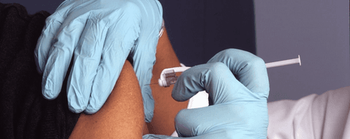
US health officials unveiled a booster shot program this week that says that some people should get the shots 8 months after their last initial dose. Where did that number come from?
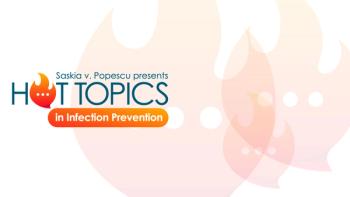
While the US significantly struggles against this fourth COVID-19 wave, it’s critical we communicate that the vaccines are just 1 strategy—not the only strategy.

Only 40% of nursing home employees are vaccinated. Nursing home advocates counter that vaccine hesitancy exists in all health care settings, and if nursing home employees must get the vaccine, the same should apply to all health care workers in the United States.

In the Middle Ages a pandemic wiped out 50% of the world’s population. Presently we have a much higher population density, making us a feeding buffet for infectious disease…. If we do not follow the recommendations of modern science and public health, we are no better off than if we were living in the Middle Ages.

Booster shots for the adult population in the United States is feasible. The US currently has a stockpile of approximately 100 million COVID-19 vaccine doses. But, some ask, what about the poorer countries?
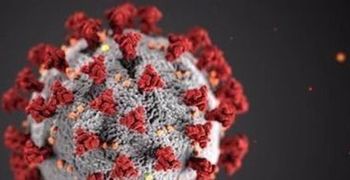
Herd immunity is no longer possible, the virus is mutating and likely has animal hosts. We must raise the bar on public health outcomes, not only focusing on deaths but also morbidity and long-hauler syndrome which can be all too common, even occurring with vaccine breakthrough infections.

Booster shots are great, but the way back to our normal lives involves a multi-pronged approach to infection prevention.
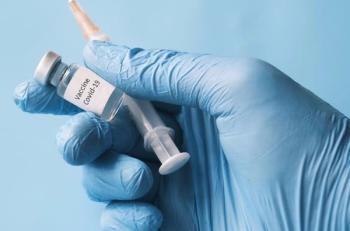
A CDC investigation shows 2.3 times the number of reinfections with natural immunity compared to breakthrough infections in those who are vaccinated.

Take 5 minutes to catch up on Infection Control Today’s highlights for the week ending August 13.
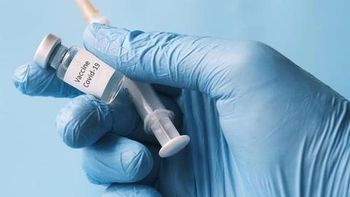
The ruling was primarily made to benefit organ transplant patients but others with compromised immune systems, such as those battling cancer and HIV, would also be eligible for booster shots. They can be made available as early as tonight.

The delta variant is taking advantage of opportunities presented by some Americans who resist getting vaccinated and masking up.
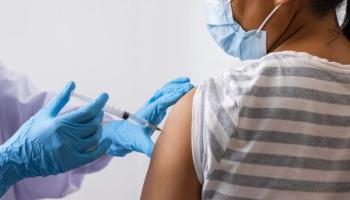
The findings provide support for 2-dose vaccine uptake in the wake of surging cases driven by the highly transmissible delta variant.

The FDA is expected to approve the move today, and the CDC could do the same tomorrow. The shots might be available by tomorrow night. Will those over 60 be next to be offered booster shots?

While not perfect, the mRNA vaccines do markedly reduce the chances of hospitalizations from critical disease and death. This is a huge plus.
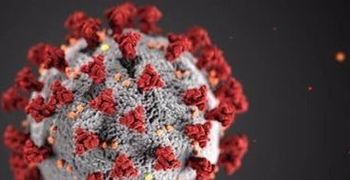
Kevin Kavanagh, MD: “COVID-19 is not just respiratory, it affects every organ of the body. This is a serious type of infection. And we need to be focusing on trying to keep this virus from spreading, plus protecting our young.”

The Nursing Home Improvement and Accountability Act of 2021 bolsters the standing of infection preventionists, but begs the question: Where’s the money going to come from?

As questions arise about vaccine efficacy and how effective they’ll be against the growing list of COVID-19 variants, the United States might have to rely more and more on another mitigation method: testing.
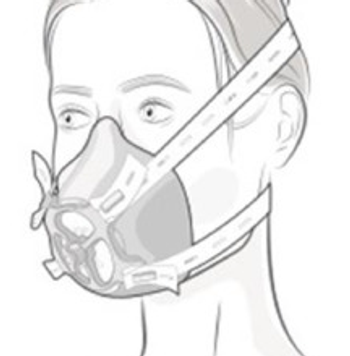
An infection prevention officer at the hospital along with key clinical personnel and administrators had to give the OK for the prototype mask to be manufactured.

G. Rumay Alexander, EdD, RN: “When experience shows up, it speaks and it speaks loudly. It usually shows up as a feeling, or a thought, or a belief, or a decision about who’s worthy of getting the best care, or the minimum amount.”

Data show how the lambda COVID-19 variant could possibly elude vaccines. One of the lead researchers of a new study calls lambda “a potential threat to the human society.”

Take 5 minutes to catch up on Infection Control Today’s highlights for the week ending August 6.
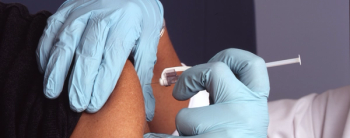
Brace yourselves for a rough August in the United States, infection preventionists. But come September the country might see a sharp decline in Delta variant cases.